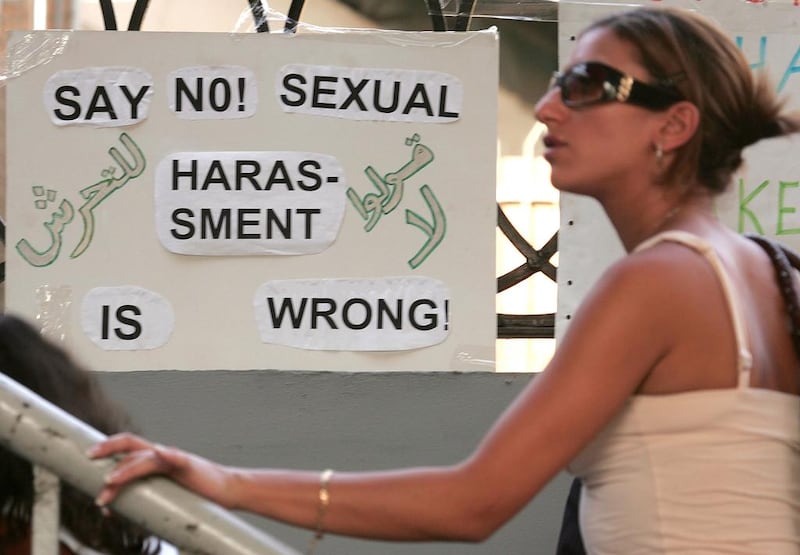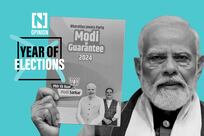When Rama Hamad uploaded her documentary, Jordan Speaks Up, to Youtube last Friday, she had no idea of the reaction she would inspire.
"It was overwhelming hearing all these stories," Ms Hamad, a 17-year old high-school student in Amman, told The National. "I knew it would shock people due to the taboo surrounding the topic, but I didn't know it would have this much impact."
The 20-minute documentary, in which high-school students read anonymously-submitted stories of women's experiences facing sexual abuse and harassment in Jordan, created a space for others to share their stories under the hashtag #JordanSpeaksUp.
There were 4000 tweets under the hashtag, posted by both men and women, describing sexual abuse of all forms - occurring at the hands of family members, taxi drivers and even police.
One young woman expressed her frustration after sharing her story of sexual harassment, saying: “What makes the whole situation harder for me is that I can never talk about this topic with my family because it will result in them forbidding me to go out alone to protect me.”
Fatima Al Masri, a 26-year-old living in Amman, told The National that the campaign was “absolutely” necessary, as Jordan is “a very traditional community that shames women into believing that harassment is their responsibility, which leads to women’s fear of speaking up.”
It was this very silence that Ms Hamad sought to break with her documentary. “Staying silent allows this to go on. It evoked such anger in me knowing that [victims] were feeling such shame and fear, living in turmoil while the harassers lived on without feeling any accountability,” she said.
“Making this documentary, I wasn’t just targeting the harassers. I also did it for the victims, to make them feel heard and allow them to express themselves,” Ms Hamad said.
However, not all the reactions to the viral campaign were positive. Backlash quickly followed, with men calling those who participated in the campaign “liars,” and others saying that they were “tarnishing the country’s reputation.”
One comment under an article posted by the Jordanian publication, Khaberni, said that “these girls are dumb, they are naked in the streets, of course a guy would [catcall] them; if their clothes were appropriate, we would stop the harassment.”
Unwanted sexual contact is criminalised in Jordan under Article 305 of the penal code; however, verbal harassment is loosely defined as “indecent words” and is only punishable when directed at men if the man is under 15 years old, according to Article 306 of the penal code.
A 2018 UN report gives Jordanian anti-harassment laws a low grade, as "the scope of the law is unclear and on-line harassment is not addressed."
Another survey carried out the same year by the Amman-based Arab Renaissance for Democracy and Development (AARD) describes a "culture of silence" surrounding sexual harassment in Jordan, finding that 75 per cent of Jordanian women who experienced sexual harassment in the workplace had not considered taking legal action, due to a lack of knowledge or fear of losing their job.
Still, young Jordanians are not discouraged by the backlash and legal ambiguity. Omar Fathallah, a 17-year-old who edited the Jordan Speaks Up documentary, said he “expected the backlash.”
"If you open up Facebook right now, you'd see hundreds of people, mostly men, denying it. But I always believe the truth comes out, and it is coming out," he told The National.






